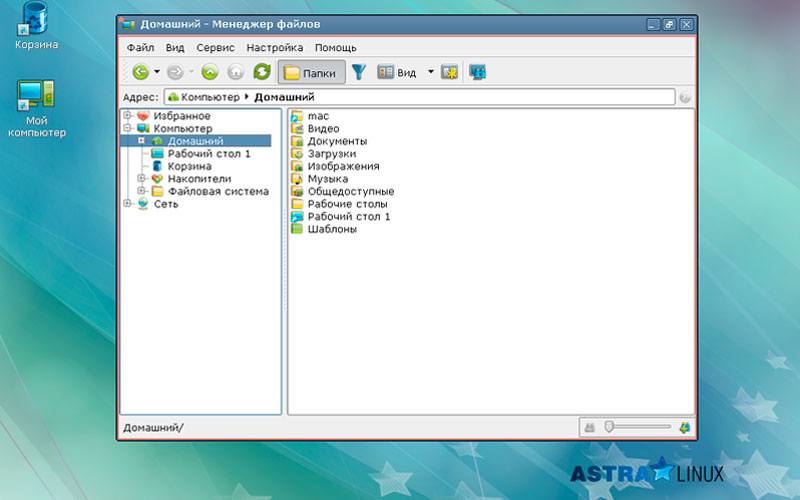The good experience of the Russian army with this same Linux distro, which uses it for command and control systems, intelligence services and national administrations has favored the Government to decide to also implement it in other agencies of the Ministry of Defense.
If the administrator and user experience are the desired ones, the migration of 100% of the Ministry’s equipment will be carried out and it will even be incorporated into all mobile devices.
Astra Linux is a derivative of Debian, compatible with modern processors of Russian manufacture, such as Elbrus-85 or Baikal-71, KOMDIV-32, which incorporates interesting security measures, such as the use of credentials associated with each user and type of operation, modules of isolation to protect the memory of the kernel, protection of the electronic mail, and different mechanisms to control the data of the graphics subsystem.
Source: La Mirada del Replicante







0 Comments